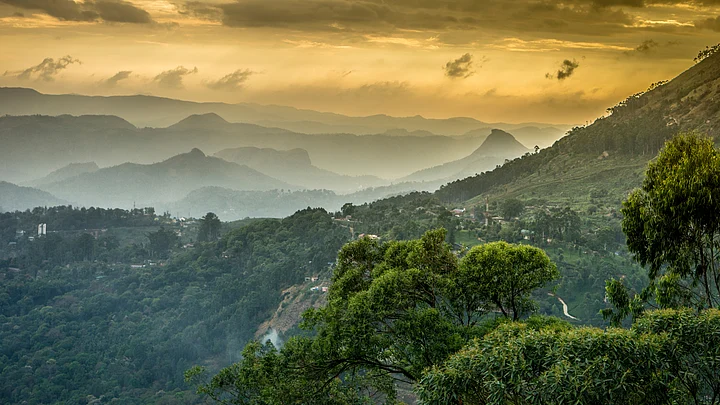A new law to boost reforestation across the country ignores the importance of indigenous people in conserving land and tramples on their rights, analysts and activists said.
The Rajya Sabha passed a Bill late on Thursday that would give state governments more than Rs 60 billion a year to conserve and protect forests and wildlife.
“It is a good Bill,” Minister of State of Environment Anil Madhav Dave said in a statement, adding that the new law would help to focus reforestation efforts in a concerted way.
Most of the funds under the Compensatory Afforestation, Management and Planning Authority (CAMPA) law would be used to restock denuded forests, Dave said.
The law would also help to create employment, especially in poor regions and areas that are traditionally home to indigenous communities, he said.
However, critics of the law said the money would be better spent on helping local communities who are already engaged in conserving their habitats.
Evidence from around the world shows that farmers and local communities are far more efficient and effective at protecting landscapes as compared to centralised bureaucracies.Neera Singh, an environmental justice expert told The Indian Express
Analysts said the CAMPA Bill ignores the landmark 2006 Forest Rights Act (FRA) that aims to improve the lives of impoverished tribes by recognising their right to inhabit and live off forests where their forefathers settled.
Under the FRA, forest dwellers cannot be removed from their land without the consent of the panchayat or village councils.
Under the CAMPA Bill however, authority to earmark land for development and assign compensation for it, lies solely with forest and state officials.
The new law facilitates displacement “without any accountability to the people whose forests, lands and lives will be damaged or destroyed”, said the Campaign for Survival and Dignity, a coalition of charities supporting tribal rights.
India’s plans to develop infrastructure, mining and renewable energy threaten to force more of the most marginalised groups from their homes, widening inequality and fanning tensions, said the Internal Displacement Monitoring Centre (IDMC), a Geneva-based research group.
According to IDMC, between 1950 and 2005, about 65 million people were displaced in India by dams, highways, mines and power plants, of which, at least 40 percent were indigenous people.
The Bill, which was initially drawn up in 2008 by the UPA government, had lapsed after delays in its passage. It was passed by the Lok Sabha in May.
(This article was published in a special arrangement with Reuters.)
